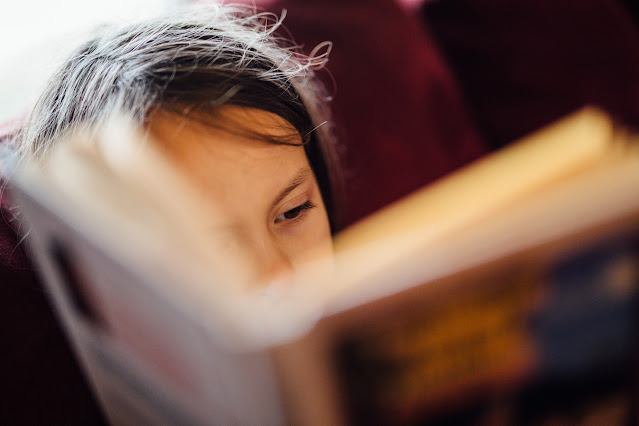Teaching kids to be tidy can be a challenging task, but it’s an essential life skill that can help them stay organised and focused in all kinds of life areas as they grow up. While it may sound or feel mundane, developing tidy habits will help kids with school work and career progression later on as they’ll also learn discipline, motivation, and self-determination.
1. Start early: Encourage your kids to start tidying up from a young age. You can start by asking them to put away their toys or books after they’re done playing with them. Small children are often really keen to help, so encourage this early instinct by letting them help you with household tasks too, such as dusting or cleaning. They may not actually be that much help, but you’re instilling confidence in them that will boost their self-belief.
2. Make it fun: Tidying up doesn’t have to be boring. You can make it fun by turning it into a game. For example, you can set a timer and see how much you and the kids can tidy up in 5 minutes, offering a reward when the timer pings. It doesn’t have to be anything extravagant. It could even be something you were planning anyway, such as a walk in the park, watching TV, or their favourite snack or drink.
3. Reduce the Clutter: Children accumulate toys and other possessions at an astonishing rate. Over time, this can lead to an overwhelming amount of clutter in their rooms which makes teaching them tidy habits harder. Getting rid of belongings is hard, so storage unit rental could be a practical solution. Work together with your children to sort through their things, deciding which items to keep or put into store for now. By reducing the number of items in their immediate living space, you make it easier for them to stay organised, and it’s simple to fetch something back if they miss it.
4. Lead by example: Kids learn by example, so it’s important to lead by example. If you’re tidy, your kids are more likely to be tidy too. If you always save tidying up until they’re not around, they could end up believing the house stays neat on its own. Let them see the clean-up tasks being done.
5. Break it down: Tidying up can be overwhelming, especially for kids. Break it down into smaller tasks, such as asking them just to make their bed instead of tidying their whole room, or helping to put away the dishes instead of cleaning up the entire kitchen. For toy tidy-ups, single out individual categories to help direct their focus. Have them handbooks to you to put on the shelf or gather all the soft toys to go back in their box.
6. Reward good behaviour: Positive reinforcement can be a powerful motivator. You can reward your kids for tidying up by giving them a sticker or a small treat, and always remember to reward the effort more than the result with small children. Try not to criticise or tell them they did it wrong.
7. Make it a routine: Tidying up should be a part of your daily routine. You can make it a habit by setting aside a specific time each day for tidying up. It only takes five minutes before lunch or before sitting down to watch TV together, but it reinforces the idea that we ought to clean up one activity before starting another.
8. Be patient: Teaching kids to be tidy takes time and patience and sometimes you’ll get more cooperation than at other times. Try not to be scolding or cross, although we all know that’s a tall order sometimes. Little and often is the way to go, and you can build on small successes until tidying up is as routine as cleaning teeth or getting dressed.
Every family has its own dynamic and routine, so not every solution or method will work. If your house feels overwhelmed with possessions, look for local storage spaces to rent to help with control or, if small toys are always in a jumble, maybe invest in a few more bedroom shelves and storage tubs. These are just a few ideas to think about and pursue as you find your own best way to teach your kids tidy habits.






